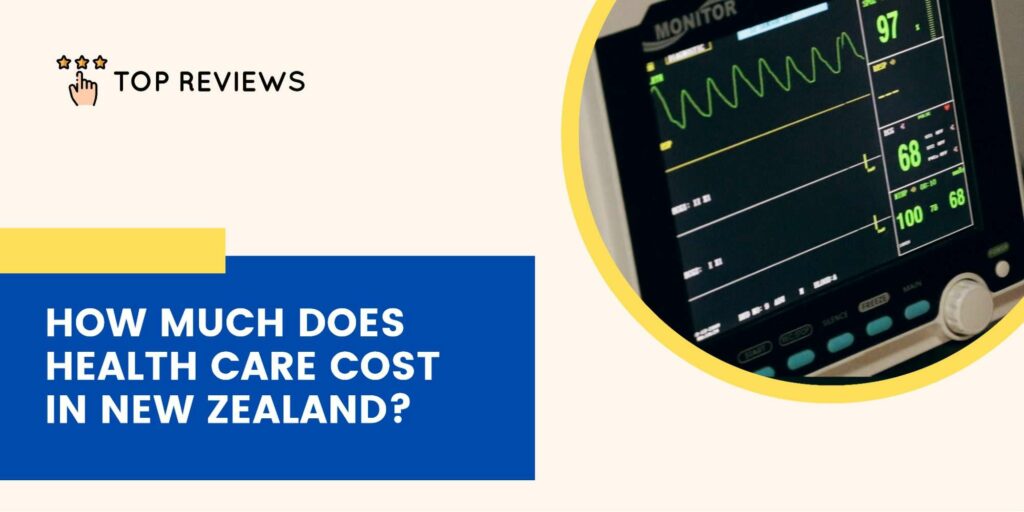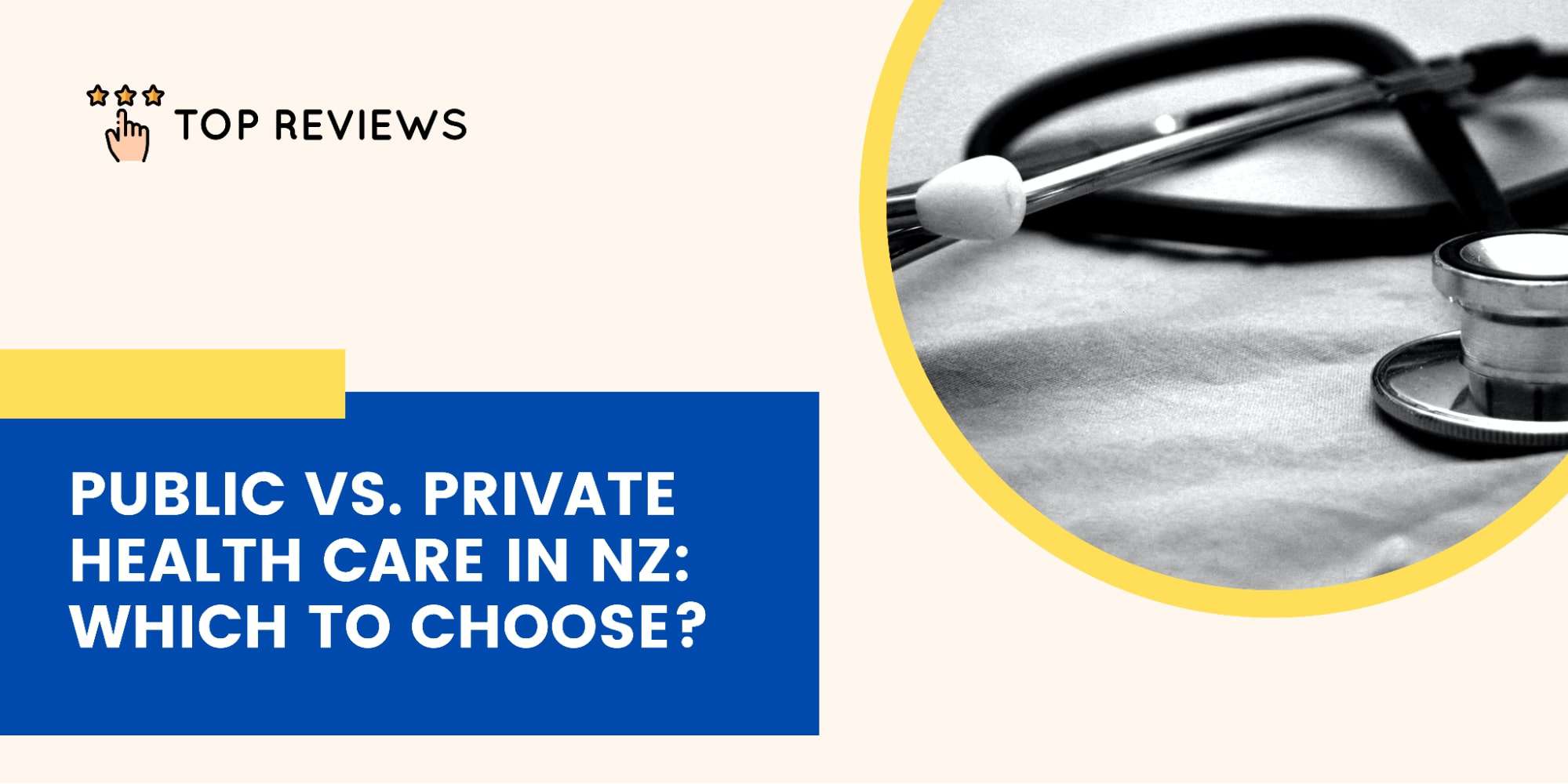Public vs. private health care in NZ: which to choose?
New Zealand’s health care system is widely believed to be one of the best, with a rank of 20th overall on the world healthcare index. On top of this, the country also offers a combination of both public and private care, allowing extensive coverage for all citizens.
Though both the public and private sectors offer reliable healthcare services, they differ in certain aspects. These differences will ultimately be the deciding factor for most people when choosing between public and private healthcare.
To help you make an informed choice, we’ll be elaborating on the differences between both medical sectors today. Along with this, we’ll also explore each sector’s costs and how to choose the best option for your personal needs.
The Ins & Outs of Public and Private Health Care
New Zealand’s government states that public health care is free or low-cost to citizens, residents, or those with a valid work visa. Those who do not fall under any of these qualifications are still entitled to health care services… albeit at a significant cost.
When it comes to private health care, citizens can choose from a variety of policies with varying levels of coverage. These policies allow you to have a greater level of control over your doctor or the medical institution of your preference.
The most glaring difference between public and private health care is that the public sector does not allow as much control when it comes to specific health issues. Additionally, non-urgent services are also much easier to receive from the private sector.
This is why many Kiwis often have a private insurance policy alongside their public health services. The combination of the two allows a wider range of access for both emergency services and general care.
Overall, 33% of New Zealanders have some form of private health care through an insurance policy. Because of this, multiple companies offer citizens policies that focus on specific health needs as a means of expanding upon a person’s public health services.
Should you find yourself in need of such policies, Life Direct offers a useful tool for comparing different health insurance plans. Alternatively, if you’d prefer a set list to choose from, this article on health insurance policies may be of some use.
It is worth noting that in order to be eligible for private healthcare, a person must also be eligible for public medical services. This means that temporary visitors, tourists, and the like would be far better off with a travel insurance policy to help deal with any possible medical expenses.
As straightforward as it may seem, eligibility can sometimes be difficult to determine. Fortunately, the Ministry of Health has prepared an extensive eligibility guide to help people determine their standing.
Generally, public health services in New Zealand cover the following medical concerns and needs:
- Preventive care
- Inpatient and outpatient hospital services
- Primary care via private providers, except for certain services, such as optometry, adult dental services, orthodontics, and physiotherapy
- Maternity services
- Physical therapy
- Durable medical equipment
- Inpatient and outpatient prescription drugs included on the national formulary
- Mental health care
- Dental care for school children
- Long-term care
- Home help
- Hospice care
- Disability support services
These services come with their own restrictions, which differ based on the specific medical needs of a person. If you want to know more about these restrictions, the Ministry of Health also offers detailed breakdowns through their online portal.
Among the offered services above, one particularly important restriction is the limited number of dental services available to adults. This is due to the fact that full dental coverage is only available for those below 18 or citizens with special medical needs.
Of the many dental procedures offered by the public sector, only emergency extractions, and dental trauma are covered for adults. Without a private policy regular dental care can be quite expensive for Kiwis.
This is another reason why many people often take the trouble to buy dental insurance in New Zealand. If your needs are more specific, however, the following articles offer options for dentists in Auckland, Wellington, and Christchurch.
Despite the restrictions set on certain public medical services, New Zealand’s health care system offers no restrictions when it comes to emergency medical care. Hence, Kiwis are always entitled to life-saving services at little to no cost.
The costs that are shouldered by citizens are usually those set by doctors or general practitioners for regular checkups, consultations, and the like. In addition to this, those with health care policies will usually have to pay an insurance premium.
Health Care Costs

As stated earlier, fees associated with non-urgent public health services are often determined by the medical practitioners that offer them. In most cases, an adult visit to a general physician will cost around $50.
Naturally, this cost varies between practices and actual districts in New Zealand. Luckily most local District Health Boards (DHBs) keep an updated record of these practices and their fees online.
DHBs are often responsible for regional public health services, this includes funding, monitoring, and providing general non-essential care. For reference, the sites for New Zealand’s 20 DHBs are specified below:
- Auckland District Health Board
- Bay of Plenty District Health Board
- Capital & Coast District Health Board
- Counties Manukau District Health Board
- Hawkes Bay District Health Board
- Hutt Valley District Health Board
- Lakes District Health Board
- Mid Central District Health Board
- Northland District Health Board
- Tairāwhiti District Health Board
- Taranaki District Health Board
- Waikato District Health Board
- Wairarapa District Health Board
- Waitematā District Health Board
- Whanganui District Health Board
- Canterbury District Health Board
- Nelson-Marlborough District Health Board
- South Canterbury District Health Board
- Southern District Health Board
- West Coast District Health Board
We’d be remiss if we didn’t mention that many general physicians offer free visits and consultations for children 13 years old and younger. So long as you qualify for public health care, your children’s medical services will be provided free of charge.
Of course, if your medical concerns are not urgent, you can expect to be waitlisted for a certain amount of time. If you’d prefer not to wait, a private pediatrician will usually charge between $150 to $200.
As we begin to explore complex medical services like surgeries, private costs can skyrocket to $100,000 per operation. Ask any Kiwi and they’ll tell you that they’d much rather pay a $1,000 insurance premium as opposed to a hefty private medical fee.
The concise insurance cost guide in this article provides a general sense of insurance premiums. But, just to provide you with a rough idea, the price range for most health insurance policies is usually from $1,200 to $2,800.
If these prices seem a bit steep, many insurance companies also offer “excess plans” that can significantly reduce the overall cost of premiums. These plans work by providing clients with the option to pay a portion of an insurance claim.
In return for paying a portion of a claim, a company will apply a discount to your annual premium. These plans can range from excess payments of $500 to $1000.
Choosing the Right Health Care For You
When it comes to the question of which type of health care is best, the answer truly depends on your personal needs. Some Kiwis are more than happy with the wide general coverage and no-nonsense emergency services provided by the public health care system.
If you think you might be one of these folks, it is important that you be prepared for the occasional consultation fee or medical charge. In addition to this, you should also be prepared to wait for certain non-essential services as this is often the case with public health care.
Alternatively, if you would like a greater level of control over your medical service providers, it may be best to opt for private health care. This choice also eliminates the need to wait for non-essential medical services since you won’t be waitlisted.
Keep in mind, however, that private health care will come at a significantly higher cost due to the premiums associated with private services. If neither of these options provides you with a satisfying level of comfort, it is certainly possible to split the difference.
As we’ve mentioned before, it is not uncommon for Kiwis to have a combination of public and private care. At present, ⅓ of people living in New Zealand have reported having an active insurance policy.
In these situations, an insurance policy usually serves to cover the holes that exist in public health care services as a result of restrictions placed by the Ministry of Health. To sum things up neatly, we’ve taken the liberty of preparing this comparison table:
Ultimately the choice is yours. Whether you choose to strictly use public healthcare or opt for a combination of both sectors, we certainly hope this guide was able to help you make your choice in some way.



